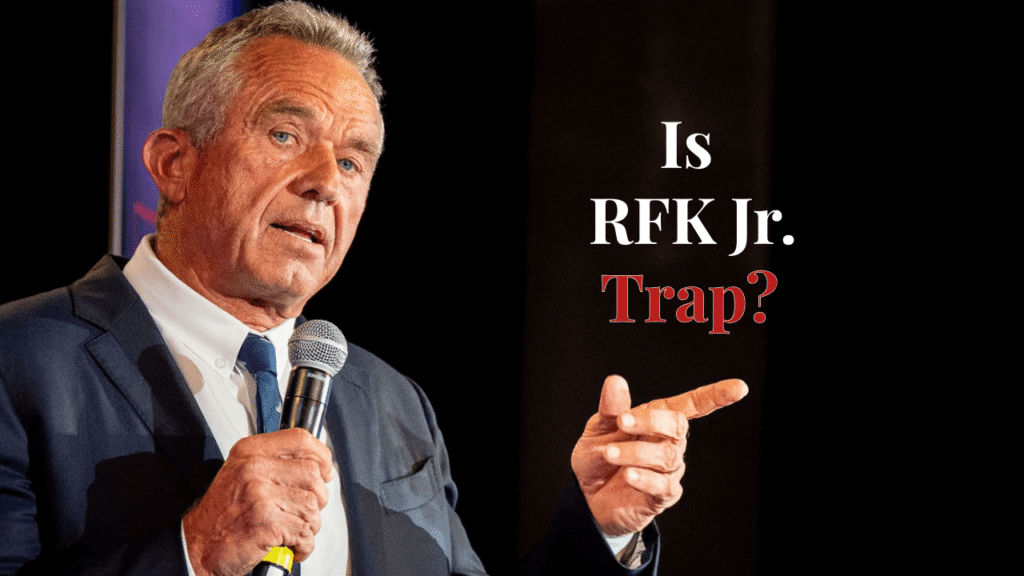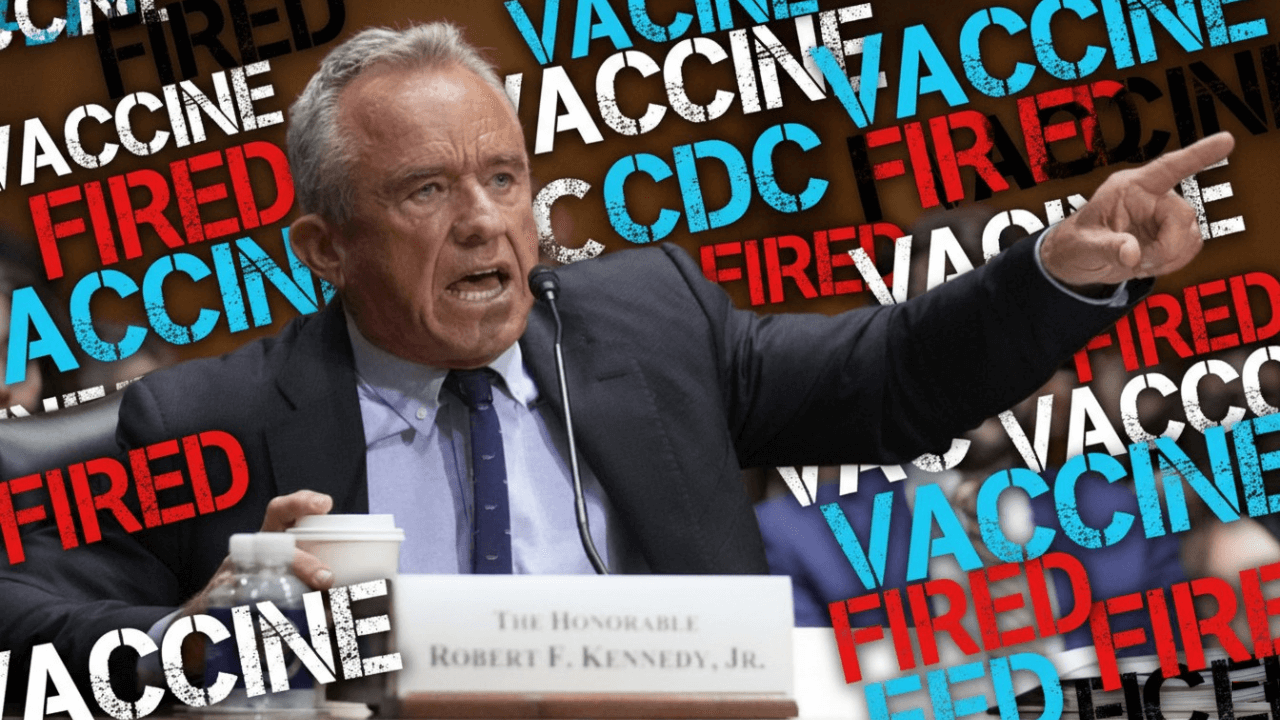When Robert F. Kennedy Jr. walked into his first Capitol Hill hearing as Health Secretary, it was clear he had no interest in smoothing feathers. If anything, Kennedy leaned into the storm he’d already stirred up. Just last week, he forced out Susan Monarez, the director of the Centers for Disease Control and Prevention (CDC), setting off a political firestorm that hasn’t cooled down since.
And on Thursday, facing senators on the Finance Committee, Kennedy didn’t backpedal. He doubled down.
A Firing That Sparked a Political Earthquake
The dismissal of Susan Monarez wasn’t just a bureaucratic reshuffle. It touched off resignations across the CDC and drew backlash even from some Republican lawmakers who typically side with Kennedy. Monarez, according to Kennedy, lied about why she was let go, and he insists her departure is only the start of a much-needed purge.
“We are the sickest country in the world,” Kennedy told the committee. “That’s why we have to fire people at the CDC. They did not do their job. I need to fire some of those people to make sure this doesn’t happen again.”
It was the kind of blunt assessment that Kennedy has become known for — a mix of outrage, certainty, and a willingness to ruffle establishment feathers.
Democrats Strike Back
Predictably, Democrats didn’t hold back. They blasted Kennedy for dismantling CDC structures that had been in place for decades. His earlier move to fire the entire CDC vaccine advisory panel and replace them with vaccine skeptics still burns in their memory.
Ron Wyden, the Finance Committee’s top Democrat, didn’t mince words. He accused Kennedy of creating a “health care calamity” and of elevating “conspiracy theorists, crackpots and grifters to make life-or-death decisions.”
For Democrats, Kennedy’s reshaping of the CDC looks less like reform and more like sabotage.
Monarez Pushes Back
Meanwhile, attorneys for Susan Monarez fired back at Kennedy’s claims, insisting she stood by her account of what happened. According to them, Kennedy ordered her to approve vaccine recommendations from his new advisory panel, and when she resisted, he showed her the door.
“Secretary Kennedy’s claims are false, and at times, patently ridiculous,” her lawyers said in a statement.
That’s the crux of this escalating battle — Kennedy insists he’s cleaning house for the sake of public health, while his critics say he’s replacing science-based leadership with ideology-driven loyalists.
Kennedy’s Counter-Narrative
If you ask Kennedy, though, he’s not gutting the system. He’s revitalizing it. Before senators, he painted a picture of a department finally “taking action” after years of inertia.
“Finally, we have an administration that is taking action,” he said. His anticipated “Make America Healthy Again” report, he promised, would soon outline sweeping reforms.
He pointed to chronic disease, a long-standing challenge for the U.S., as one of his top priorities. But Kennedy also used the moment to slam some Democratic priorities, casting transgender care and diversity, equity, and inclusion initiatives as distractions from what he sees as the core mission of public health.
Who Stays and Who Goes

For Kennedy, the path forward is clear: more housecleaning at the CDC. He argued that removing officials with “conflicts of interest, catastrophically bad judgment and political agendas” is essential to putting the agency back on track.
The message was unmistakable — expect more firings.
And Kennedy didn’t stop there. He rattled off other priorities: eliminating fluoride from drinking water, reducing animal testing, and reforming insurance companies’ use of prior authorization, a bureaucratic hurdle that frustrates patients and doctors alike.
His speech was briefly interrupted when a member of the audience heckled him about that very insurance issue, underscoring just how charged the hearing had become.
A Polarizing Force in Public Health
What Kennedy has set in motion is nothing short of a political and public health showdown. On one side, he casts himself as the truth-teller, finally holding the CDC accountable for its failures during the pandemic and beyond. On the other, his critics see him as an ideologue dismantling institutions with reckless abandon.
His past as an outspoken anti-vaccine activist only adds fuel to the fire. Teaming up with President Donald Trump has given him a powerful platform — but also made him an even bigger target.
What’s Next for Kennedy and the CDC?
The real question now is what comes next. If Kennedy makes good on his promise to continue reshaping the CDC, the country could be headed into uncharted waters in how it handles public health crises and chronic disease.
His critics worry about misinformation taking the driver’s seat. His supporters argue that he’s finally willing to challenge a system that has failed too many Americans.
But one thing is certain: Kennedy has no plans to slow down. He’s not just willing to fight this battle — he’s eager to.
And as Thursday’s hearing made clear, Robert F. Kennedy Jr. isn’t looking to calm the storm. He’s looking to control it.


